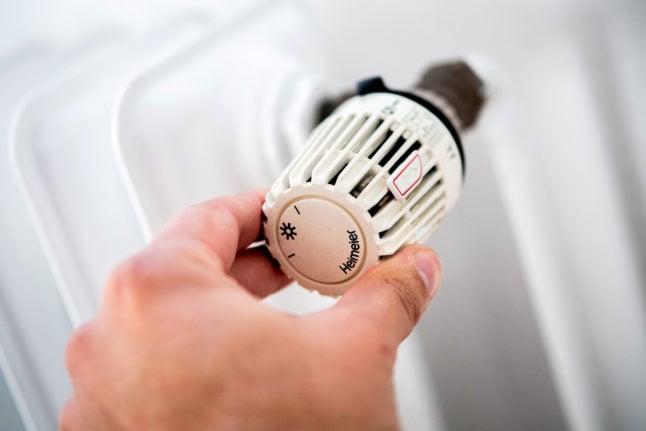Swiss banks might be known around the world for being safe and for asking few questions about where you got your money.
For day-to-day banking however, things can get a little tricky – particularly if you are not a Swiss citizen.
In September, The Local Switzerland reported on the difficulties faced by Americans in getting a bank account in Switzerland.
READ MORE: Why are Americans being turned away from Swiss banks?
A number of readers got in touch with us to tell us that while getting an account as an American was difficult, it was possible – although you might need to shop around.
The following form lets you have your say on banking in Switzerland.
Was it easy? Was it hard? And do you have a hot tip for us?
Please let us know.
Daniel at The Local Switzerland.



 Please whitelist us to continue reading.
Please whitelist us to continue reading.
Member comments